
Extremism

Pardoning Political Violence
Experts say a pardon for Jan. 6 defendants could embolden those willing to engage in political violence and legitimize the conspiracy theories that drove crowds to the U.S. Capitol four years ago.
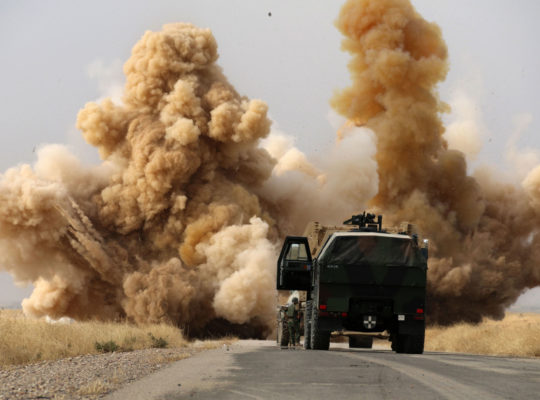
New War Beneath the Ground
More than four years on, the Islamic State group has been forced from Mosul and no longer occupies towns or cities anywhere in Iraq or Syria. But its brutal legacy remains, under mounds of rubble, in ruined homes and fields.
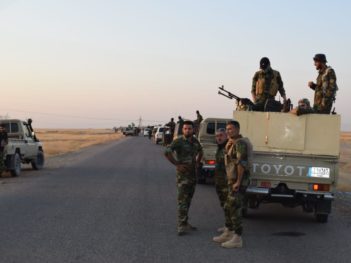
On the Kurdish Front Lines, It’s an Endless Struggle
The Islamic State may have been defeated in the field, but they have not been defeated in Iraq. What actually happened was that their fighters retreated from Mosul and Hawija, before slowly melting back into the Sunni Arab villages — and storing their weapons in the nearby caves — and prepared for war once again. What lies across from me are the most fanatical and hardcore: Those who have hung on, who refuse to surrender or flee. And they will stay there until they win or die.
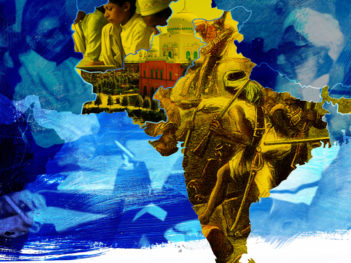
The Long Shadow of Deobandism in South Asia
The new Taliban government in Afghanistan represents the realization of the 155-year-old Deobandi movement’s objective of establishing a regime led by religious scholars. Over this time, and possibly much like the Taliban today, these religious clerics oscillated between jihadism and pragmatic politics.

The Façade of the Afghan Jihad
To this small but influential number of Muslims in Europe and the U.S., Afghanistan is not really a country, but a mythical canvas onto which they can paint their own hopes and dreams.
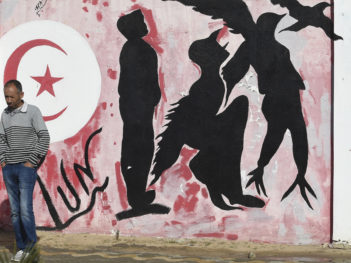
Sacred Terror in Secular Tunisia
Tunisia, today, remains mired in corruption and offers few prospects to its youth; it is a very different country than the one dreamed of by the thousands who took to the streets inspired by Bouazizi. A returning ISIS fighter on the systemic dysfunction that has set so many of its youth on the path of radicalization.
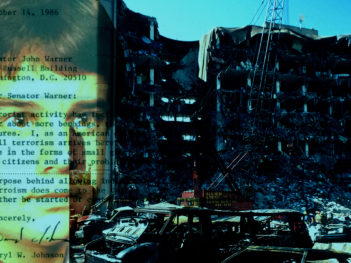
I Spent 25 Years Monitoring Far-Right Extremists for the U.S. Government — No One Listened
No one on the right wanted to hear that the U.S. threat environment was shifting from homegrown Muslim extremists aligned with al Qaeda to violent, right-wing extremists. As is customary with inconvenient intelligence, my work was politicized, and my team was dissolved.
